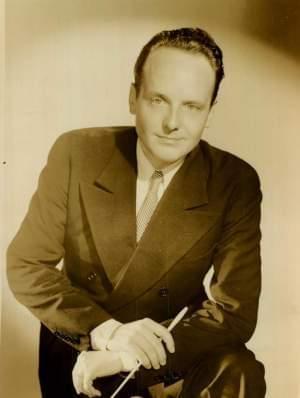
Music and Propaganda
Walter Ducloux, conductor, author, and music director for the Voice of America from 1940 to 1947, presents a lecture on changes in the role of music in human culture, and the relationship between music and propaganda.

Walter Ducloux, conductor, author, and music director for the Voice of America from 1940 to 1947, presents a lecture on changes in the role of music in human culture, and the relationship between music and propaganda.
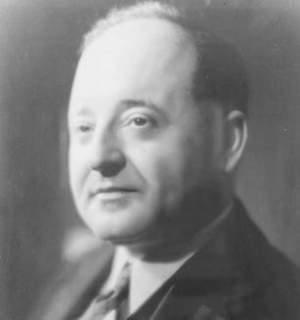
A lecture at the University of Illinois by Louis Wirth, a sociologist at the University of Chicago, on February 5, 1951. The bulk of Wirth’s lecture is about social issues in the United States, but he frames his lecture in the context of U.S. interests abroad, specifically in relation to Russia and communism. He begins with the question, “ are the vital interests of the United States clearly threatened?” He argues that our interests and values should not be defined in relation to communist or Russian interests, and that the core needs and problems within U.S. society are deferred when we focus on vague threats of communism.
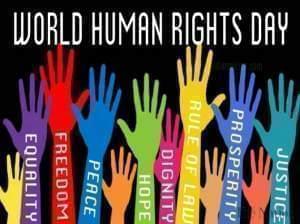
A lecture by Kenneth Carlston, University of Illinois Professor of Law, on the second anniversary of the United Nation’s Universal Declaration of Human Rights, commemorating the the first Human Rights Day (Dec 10, 1950).
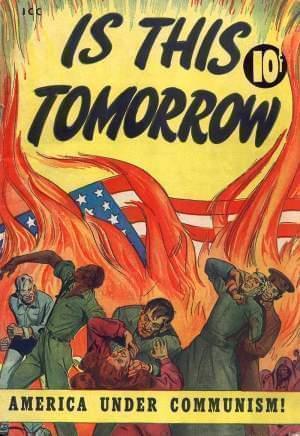
This WILL Radio discussion from 1950 centers on the perceived threat of a Communist conspiracy to undermine and ultimately overthrow the U.S. government. In 1940 Congress had passed the Smith Act in response to fears about “fifth column” agents from foreign powers at the outbreak of WWII. In 1950 prosecutors used the Smith Act to charge 11 leaders of the Communist Party USA with advocating the violent overthrow of the government.
Panelists consider how this conviction, and the pending appeals, might square with the rights of free speech and assembly guaranteed by the U.S. Bill of Rights. They also consider how the McCarren Act could impact the fate of the communist leaders and the general “crisis” posed by communism. They also briefly considered how the internment of Japanese-Americans during WWII compared with restrictions on the civil liberties of communists in the 1950s.
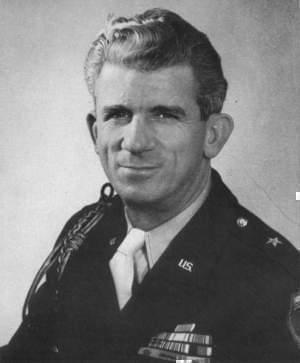
A public lecture by Gen. Frank L. Hawley, who served as commandant of the American sector of Berlin after World War II, includng personal recollections of Berlin after the war, and his encounters with the Russian military and members of communist party.